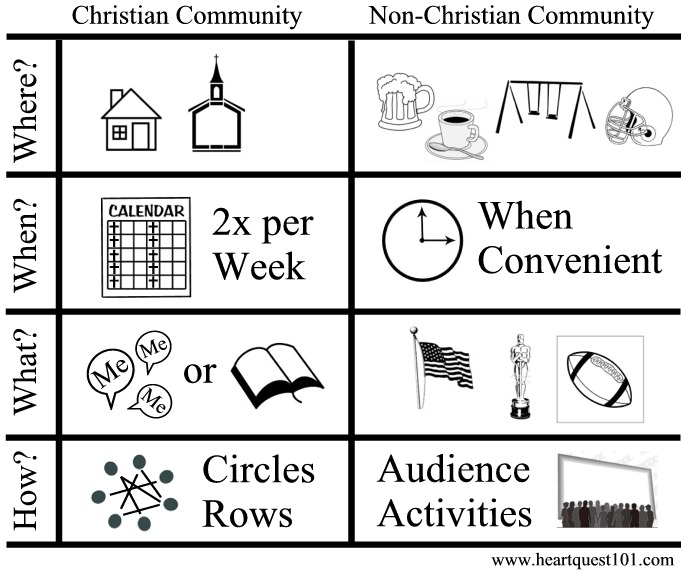What part of the gospel is optional? This is our mission, God’s global purpose…
This book takes you on a transforming journey in authentic discipleship. During his time as pastor of a large and wealthy congregation, David Platt began to see a discrepancy between the reality of his church and the way Jesus said his followers lived. In Radical: Taking Back Your Faith from the American Dream, Platt examines how American Christianity has manipulated the gospel to fit our cultural preferences and challenges us to rediscover the path.
